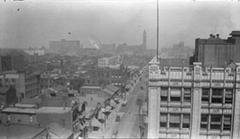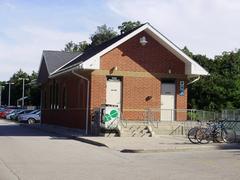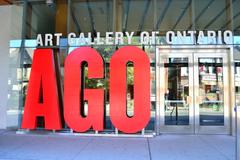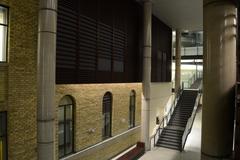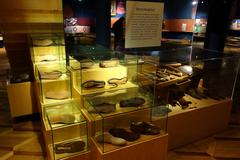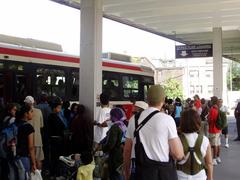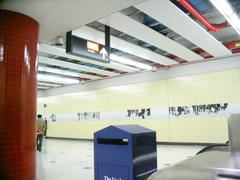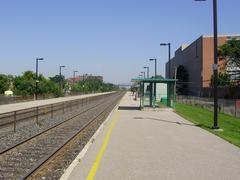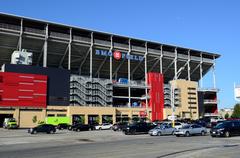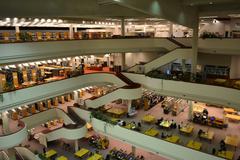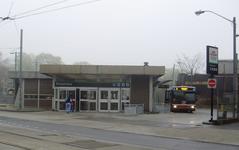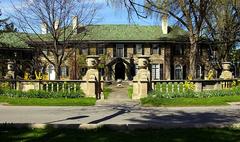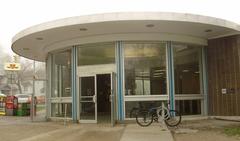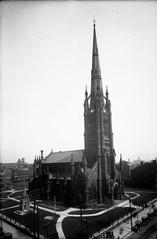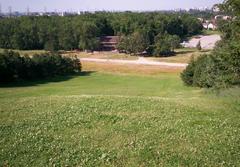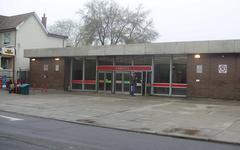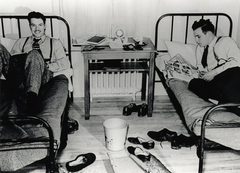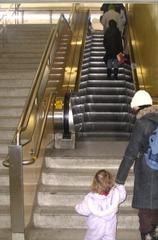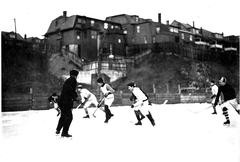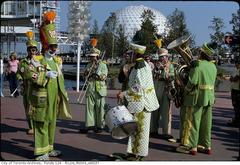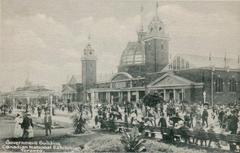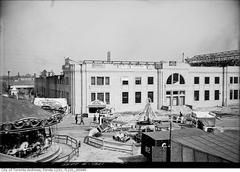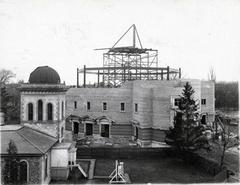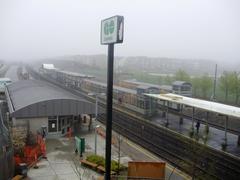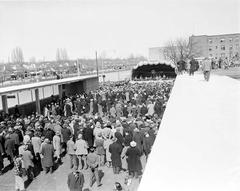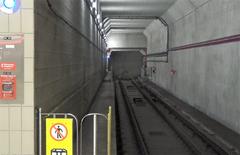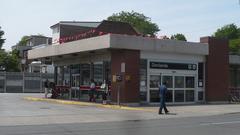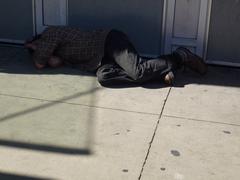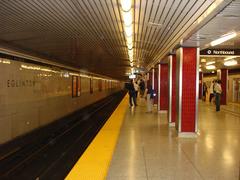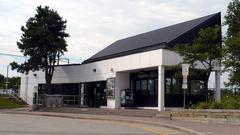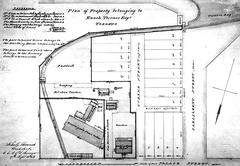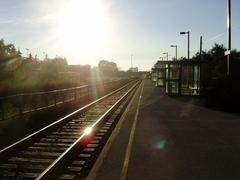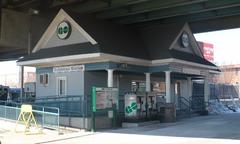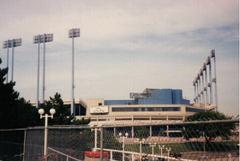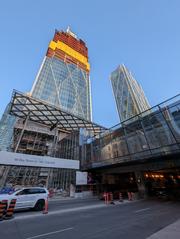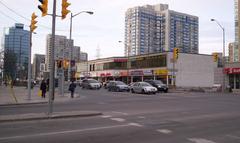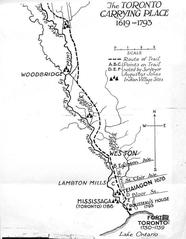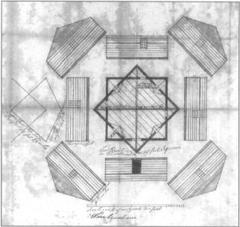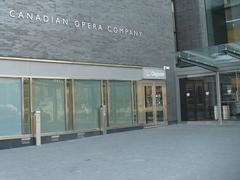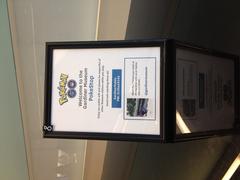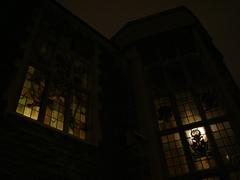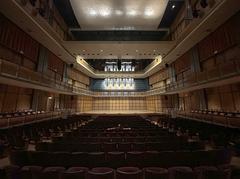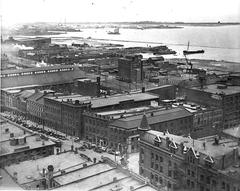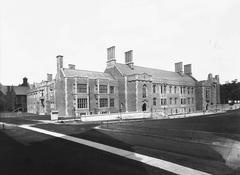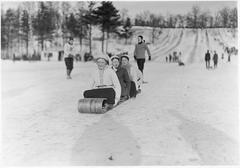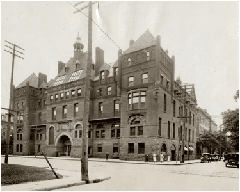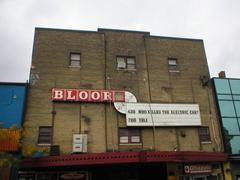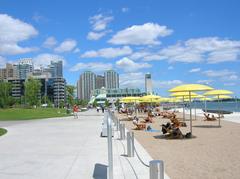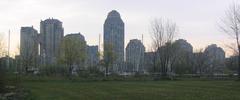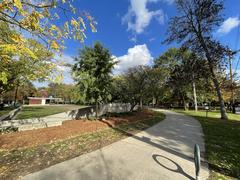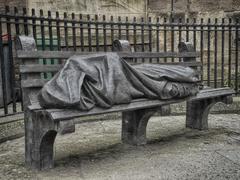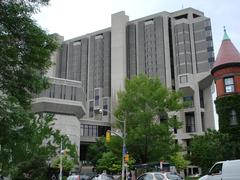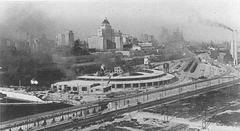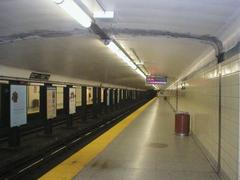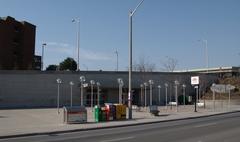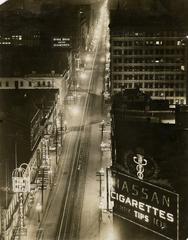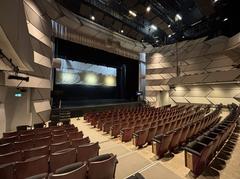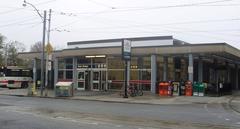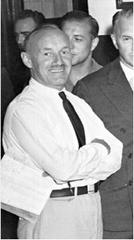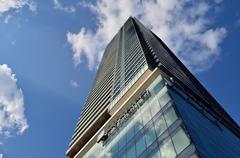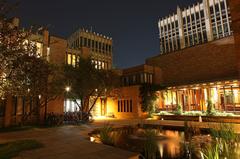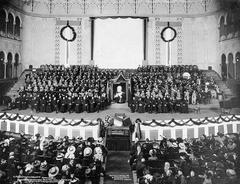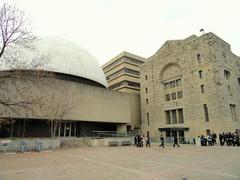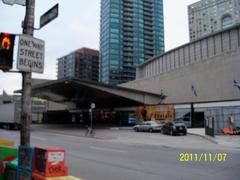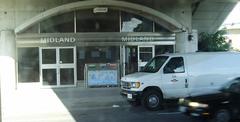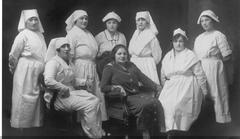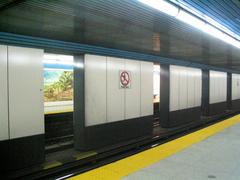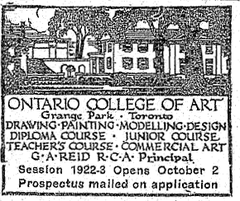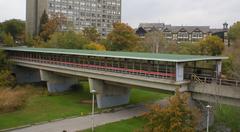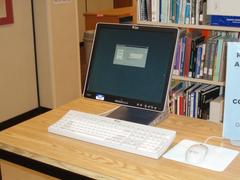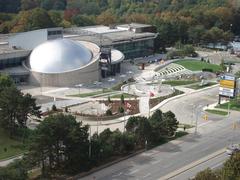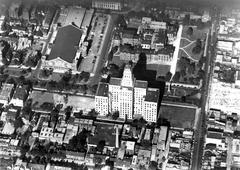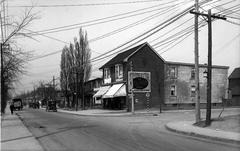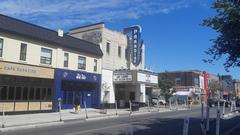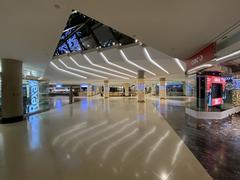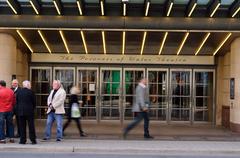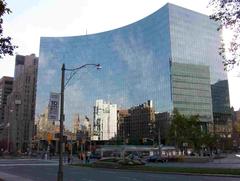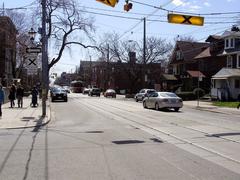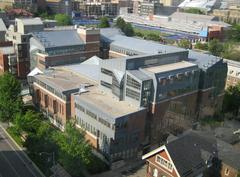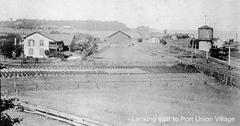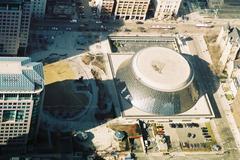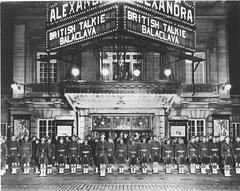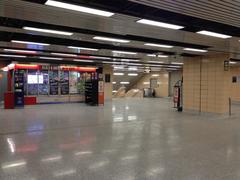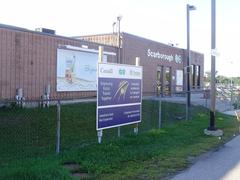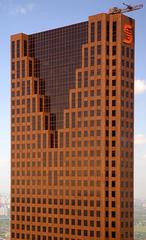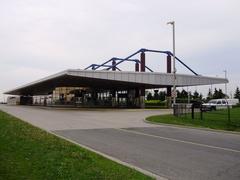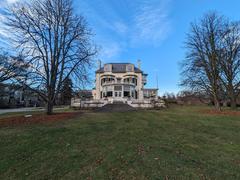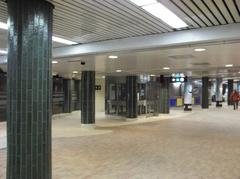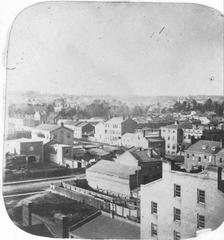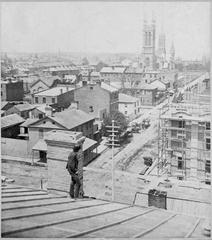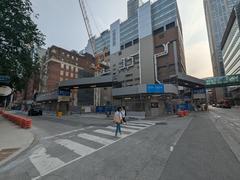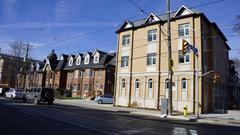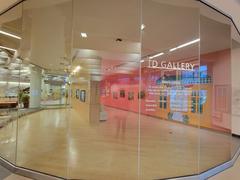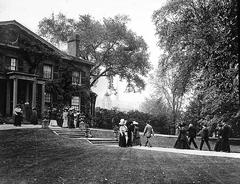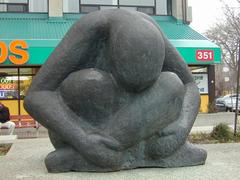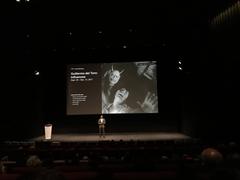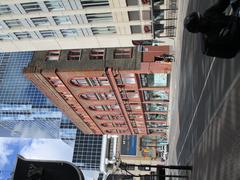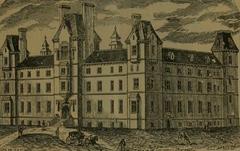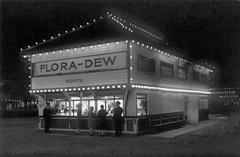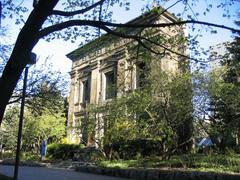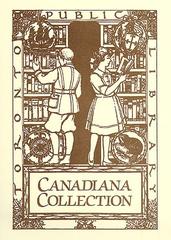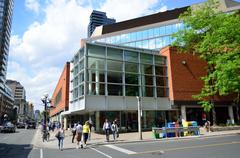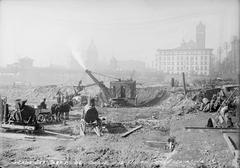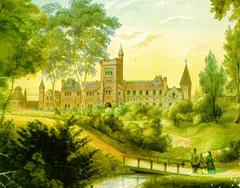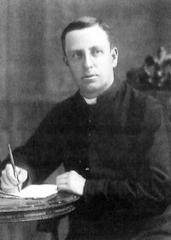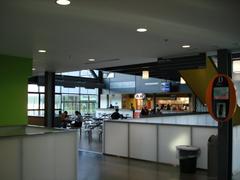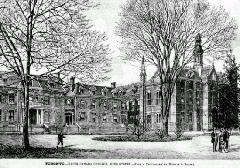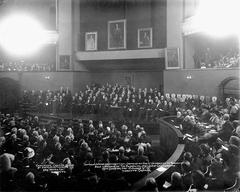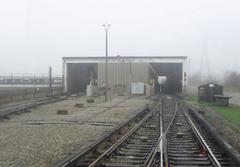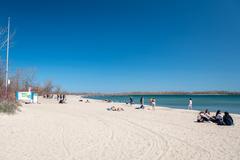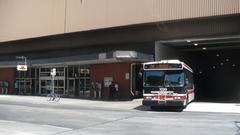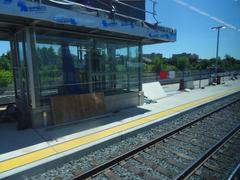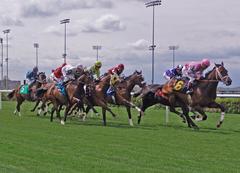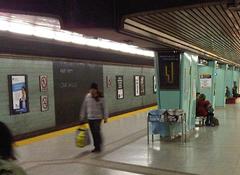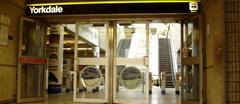
Baycrest Toronto Visiting Hours, Tickets, and Historical Significance Guide
Date: 04/07/2025
Introduction
Nestled in the vibrant city of Toronto, Baycrest stands as a distinguished institution renowned for its leadership in geriatric care, brain health research, and education. With roots dating back to 1918 as the Toronto Jewish Old Folks Home, Baycrest has evolved into an internationally recognized academic health sciences center affiliated with the University of Toronto. This guide provides a comprehensive overview of Baycrest’s historical significance, essential visitor information—including hours, tickets, and accessibility—as well as tips for exploring nearby Toronto historical sites. Whether you’re planning a visit, researching aging and brain health, or exploring Toronto’s rich cultural landscape, this article will equip you with all the details you need for an informed and meaningful experience.
Table of Contents
- Introduction
- Historical Overview
- Visiting Baycrest: Hours, Tickets, and Accessibility
- Nearby Toronto Historical Sites
- Visitor Experience and Amenities
- Practical Tips for Visitors
- Frequently Asked Questions (FAQ)
- Conclusion and Call to Action
- References
Historical Overview
Foundation and Early Years (1918–1940s)
Baycrest originated as the Toronto Jewish Old Folks Home in 1918, located at 29 Cecil Street. This grassroots initiative, spearheaded by Slova Greenberg and the Ezras Noshem Society, provided dignified care for elderly members of Toronto’s Jewish community who otherwise faced destitution. The organization rapidly expanded, soon requiring larger facilities to accommodate growing needs (Baycrest: Our History).
Expansion and Innovation (1950s–1970s)
Relocating to a 25-acre campus on Bathurst Street in the late 1940s, Baycrest constructed Ontario’s first combined residential and hospital facility for the aged. This period marked the launch of Canada’s first comprehensive geriatric medical program, supported by significant philanthropic contributions. The 1970s saw further advancements, including the opening of specialized acute and chronic care units, the Terraces of Baycrest for assisted living, and the Joseph E. and Minnie Wagman Centre for recreation (Baycrest: Our History).
Research, Education, and Community Leadership (1980s–1990s)
Recognizing the growing importance of research and education in aging, Baycrest established Canada’s first Behavioural Neurology Unit for dementia care and became a founding partner in the Regional Geriatric Program. The creation of the Baycrest Foundation and outreach services, such as day programs for seniors with cognitive disorders, underscored its commitment to holistic and community-oriented care (Baycrest: Our History).
Academic Affiliation and Global Reach (1990s–Present)
Baycrest’s affiliation with the University of Toronto cemented its role as a leader in geriatric medicine and neuroscience. The establishment of the Rotman Research Institute and the Centre for Aging + Brain Health Innovation expanded its research impact. Its leadership in the Canadian Consortium on Neurodegeneration in Aging (CCNA) positioned Baycrest at the forefront of dementia research in Canada (Baycrest Overview).
Jewish Heritage and Community Service
Baycrest remains deeply rooted in Jewish traditions, offering kosher meals and culturally sensitive care, particularly at the Apotex Centre, Jewish Home for the Aged. The Holocaust Resource Program and community events, such as International Holocaust Remembrance Day, reinforce Baycrest’s dedication to preserving history and supporting Holocaust survivors (The Canadian Jewish News).
Responding to Modern Challenges
Baycrest has demonstrated resilience in the face of contemporary issues such as the COVID-19 pandemic, launching initiatives like the Safeguarding Our Seniors (SOS) campaign. It has earned top industry accolades for quality and innovation, including being named one of Canada’s Top Employers for Young People and maintaining strong research affiliations (Baycrest: Our History).
Visiting Baycrest: Hours, Tickets, and Accessibility
Location and Directions
- Address: 3560 Bathurst Street, North York, Toronto, ON, M6A 2E1, Canada
- Public Transit: Easily accessible via TTC bus routes and nearby subway stations
- Parking: On-site paid parking is available, but spaces are limited during peak hours (Baycrest Terraces)
Visiting Hours
- General Visiting Hours: 10:00 AM–8:00 PM daily (may vary by department)
- Note: Visiting hours and policies may change due to public health advisories. Always check the official Baycrest website or call ahead for the latest information.
Tickets and Admission
- Admission: No tickets or entrance fees are required for general visits.
- Special Events/Tours: Some events or guided tours may require advance registration or tickets. Refer to the events calendar on Baycrest’s site for details.
Accessibility
- Wheelchair Access: The campus is fully accessible, with ramps, elevators, and accessible washrooms.
- Accessible Parking: Designated spaces are available.
- Assistance: Visitors needing special accommodation should notify Baycrest staff in advance (Baycrest Terraces).
COVID-19 and Health Protocols
- Comply with posted guidelines on masking, vaccination, and hand hygiene.
- Health protocols may be updated in response to public health advisories.
Nearby Toronto Historical Sites
Baycrest’s location along Bathurst Street situates it near several prominent Toronto historical and cultural sites:
- Casa Loma: A majestic Gothic Revival-style castle, offering guided tours, seasonal events, and beautiful gardens (Casa Loma Official Site).
- Spadina Museum: Showcasing early 20th-century Toronto history.
- York Cemetery: A site of local heritage and reflection.
- Jewish Heritage Sites: Synagogues and cultural centers along Bathurst Street provide insight into Toronto’s Jewish history.
Visitor Experience and Amenities
Atmosphere and Facilities
- Grounds: Landscaped gardens and walking paths offer a serene setting.
- Interiors: Modern, clean, and well-signed for easy navigation.
- Cafeteria: Serves hot meals and snacks; quality and selection may vary (Birdeye Reviews).
- Gift Shop: Sells cards, flowers, and essentials.
- Wi-Fi: Complimentary in most public areas.
Staff and Care Teams
- Staff are generally commended for professionalism and compassion.
- Patient advocates and social workers are available for support.
Special Programs and Community Engagement
- Support Groups: For caregivers, Holocaust survivors, bereavement, and memory care.
- Adult Day Programs: Social and recreational activities for seniors.
- Events: Lectures, concerts, and cultural celebrations open to visitors (Baycrest Terraces).
Safety and Cleanliness
- High standards of cleanliness and infection control.
- Regular provincial inspections focus on medication management and falls prevention (GoodCaring.ca).
Practical Tips for Visitors
- Confirm Hours: Always check current visiting hours and policies before arrival.
- Plan Transit: Use TTC or ride-share to avoid parking limitations.
- Bring Essentials: Personal items, snacks, or small gifts for loved ones.
- Engage With Programs: Participate in support groups or events to enrich your visit.
- Be Culturally Sensitive: Respect customs such as kosher dining and holiday observance.
Frequently Asked Questions (FAQ)
Q: What are Baycrest’s visiting hours?
A: Typically 10:00 AM to 8:00 PM daily. Check the official website for updates.
Q: Is there an admission fee or ticket required?
A: No. Admission is free; registration may be required for special events.
Q: Is Baycrest accessible to visitors with disabilities?
A: Yes, the entire facility is wheelchair accessible.
Q: What COVID-19 protocols are in place?
A: Masking and vaccination requirements may apply; check current guidelines.
Q: Are guided tours available?
A: Guided and virtual tours are occasionally offered. Pre-registration is recommended.
Q: Are there parking options?
A: Paid parking is available onsite, but spaces are limited.
Conclusion and Call to Action
Baycrest stands as a beacon of compassionate geriatric care, groundbreaking brain health research, and vibrant community heritage in Toronto. Its legacy, rooted in Jewish traditions but welcoming to all, is reflected in its innovation, accessibility, and commitment to holistic aging. Visitors can expect a safe, informative, and engaging experience, complemented by opportunities to explore Toronto’s broader cultural landscape.
Plan your visit to Baycrest today:
- Check Baycrest’s official website for the latest on visiting hours, events, and tours.
- Download the Audiala app for guided tours and insider tips on Toronto’s historical sites.
- Explore nearby attractions such as Casa Loma for a deeper appreciation of Toronto’s history.
- Stay connected by following Baycrest and related heritage pages on social media.
References
- Baycrest: Our History
- Baycrest Overview
- Baycrest Global Solutions
- The Canadian Jewish News
- Casa Loma Official Site
- GoodCaring.ca
- Baycrest Terraces
- Birdeye Reviews

